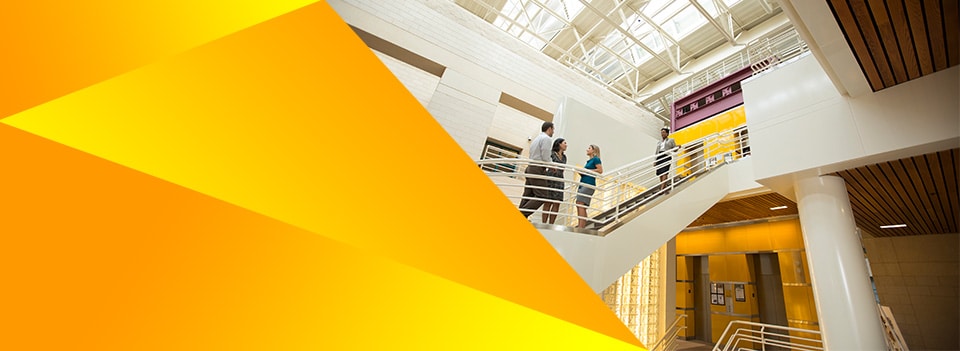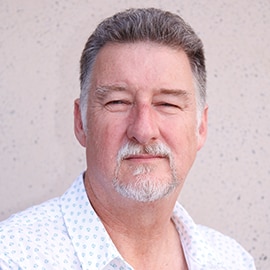-
Science of Safety Podcast: Episode 48.
August 29, 2019


Science of Safety Podcast.
Episode 48:
Indoor Air Quality.Science of Safety Podcast.
Episode 48:
Indoor Air Quality.Science of Safety Podcast.
Episode 48:
Indoor Air Quality.In this episode host Mark Reggers discusses the subject matter of indoor air quality with guest Kevin White.
Indoor air quality relates to the condition of the air within buildings and structures that we breathe in, and whether it is safe. Since we spend more than 90% of our time in-doors, poor-quality indoor air can affect the health, comfort and well-being of building occupants. It has been linked to reduced productivity and impaired learning in schools and has the ability to cause major health problems, such as allergies and respiratory diseases.






Guest Bio:
Kevin White (pictured left) has worked as an environmental consultant and Indoor Environment Professional (IEP) for more than 18 years. Much of Kevin’s time has been focused on investigating issues related to the built environment.Kevin has been involved in the investigation of buildings all over Australia; from capital cities to regional towns for mould, water damage, asbestos and other air quality contaminants. These have ranged from simple residential dwellings to multi-storey office and apartment towers for residential property owners to corporate, state and federal government agencies.
Kevin is recognised as an expert in mould assessment and management. He contributed to the recent (2018) Federal Biotoxin Senate Enquiry, and to the WA Department of Health Mould Guidelines. Kevin has published several journal articles on mould and indoor air quality and has presented mould ecology and awareness training across the nation.
In this episode, Mark & Kevin discuss the following:
- Indoor Air Quality (IAQ) sounds self-explanatory, but what is the official definition of IAQ?
- Is IAQ a big concern in Australia in New Zealand? How does this compare to the rest of the world?
- What are the types of contaminants that are common IAQ issues? What causes these issues or where do they come from?
- What are some of the health effects from IAQ issues?
- Can you explain sick building syndrome?
- What should a building owner or workplace know about HVAC systems and the impact of IAQ?
- Does the materials a building is made from impact IAQ?
- Who can do assessments of IAQ issues? How do they go about assessing IAQ issues?
- How can a building owner or workplace be proactive when it comes to IAQ issues rather than waiting till workers are getting sick or the HVAC system breaks down?
- Where can listeners get more information on IAQ?
Just like outdoor air pollution, indoor air pollution can pose a risk to our health and is a big issue for the entire developed world who now spend so much more time indoors. If we’re not indoors for our job, we’re indoors at our home or travelling indoors in our car or public transport from work to home. Risks range from immediate short-term effects such as irritation of the eyes, nose, and throat, headaches, dizziness, and fatigue through to more debilitating long term or at times fatal consequences such as respiratory diseases, heart disease and cancer. So, with this in mind, it is important that indoor air quality is as clean as possible to reduce the risk of associated health problems. Tune in as we look at indoor air quality, how it affects us and what can be done to control pollutants to help reduce the risk of indoor health concerns.
Additional Resources:
- Podcast Transcript
- Australian Government – Indoor Air
- NSW Health – Indoor Air Pollution
- WorkSafe WA – Indoor air Quality
- Clean Air Society of Australia & New Zealand (CASANZ)
- Indoor air Quality Association (IAQA) – Australian Chapter
- International Society of Indoor Air Quality and Climate
- US Environmental Protection Agency – Indoor Air Quality
Contact a 3M Safety Specialist at scienceofsafetyanz@mmm.com for more information.
